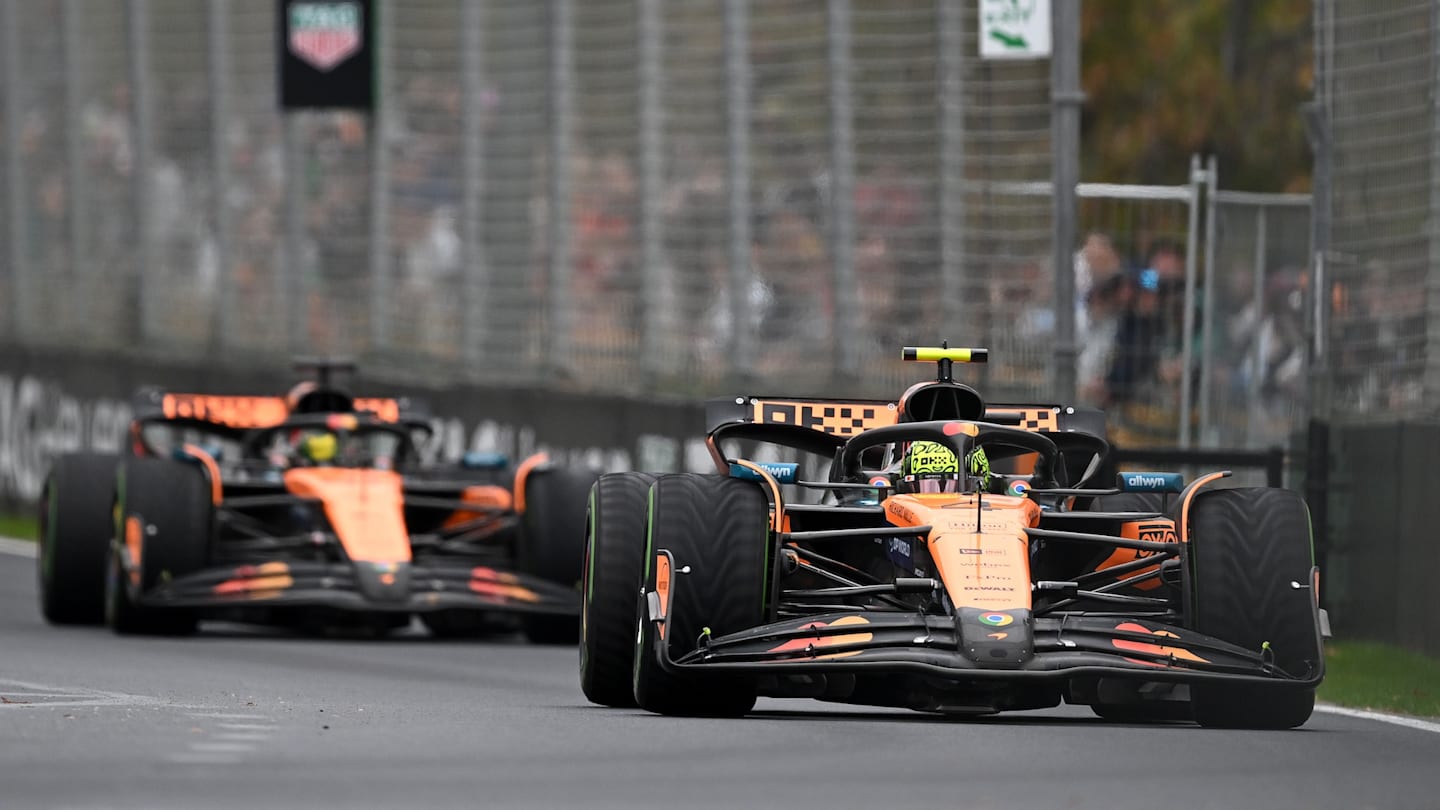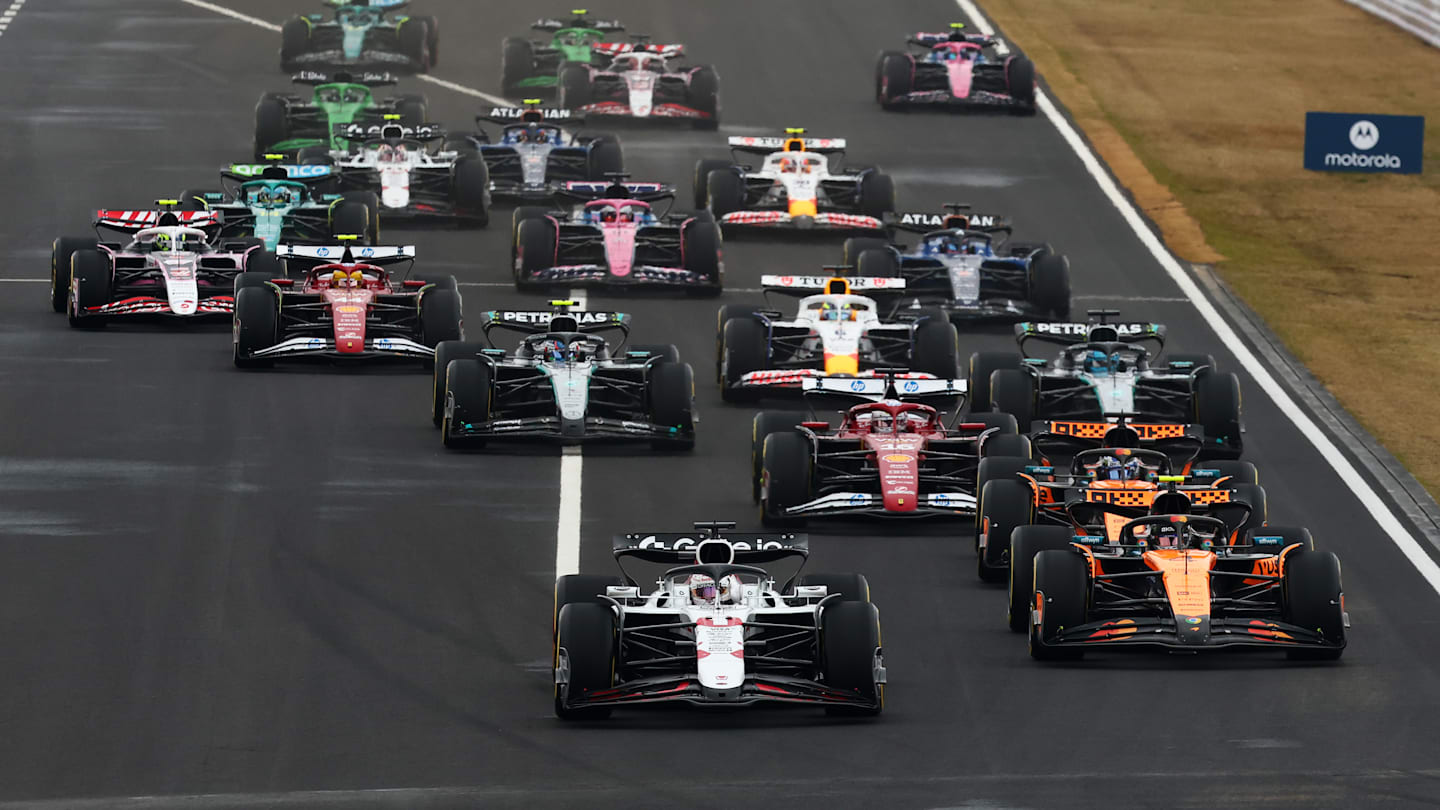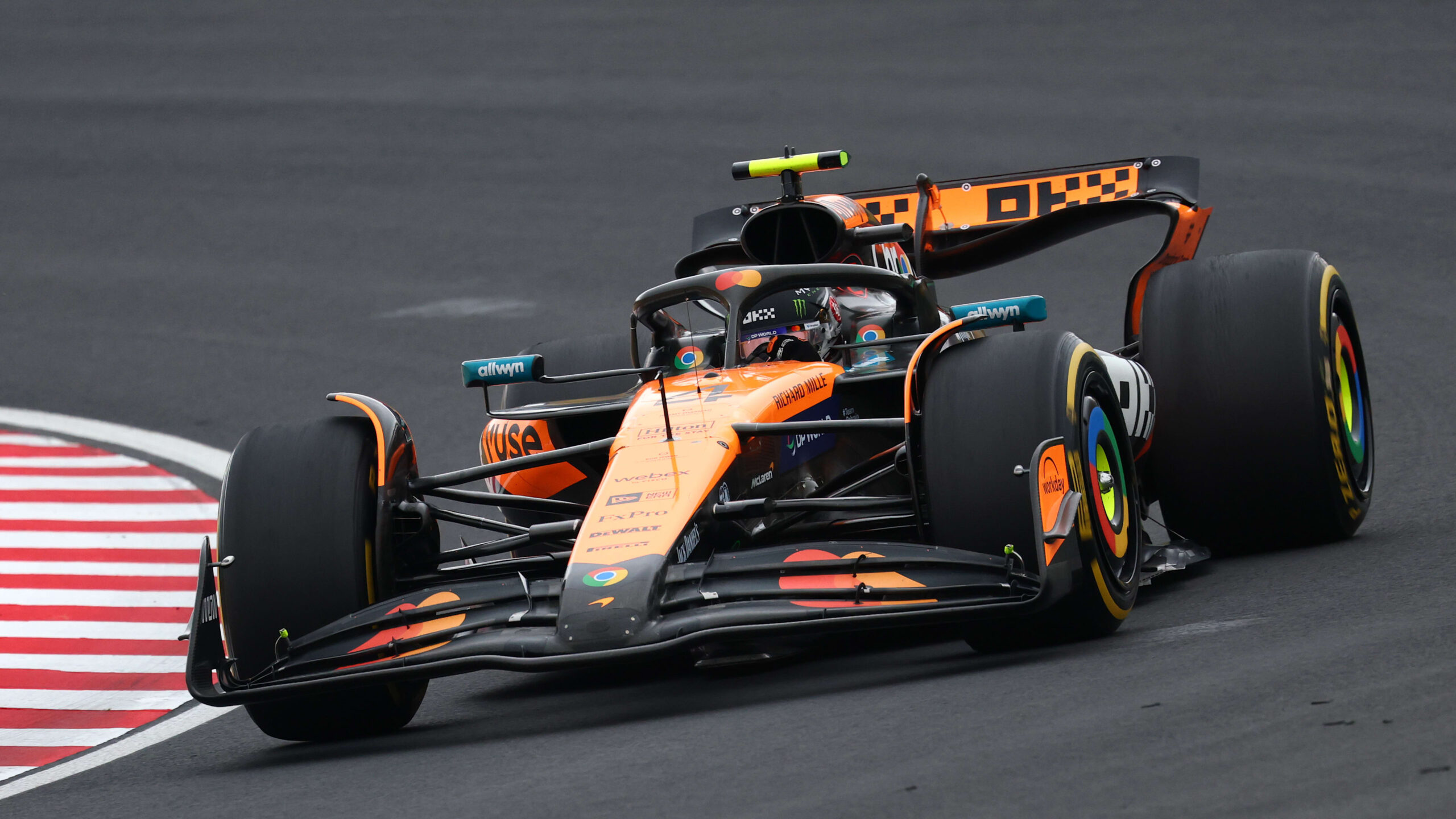McLaren, Deloitte UK and the FIA have today revealed details of the F1 Constructors’ Circularity Handbook, designed to improve sustainable practices in the development and manufacture of a Formula 1 car.
The Handbook has been developed to create a robust and consistent measurement for teams to use when adopting circular practices across the sport. These practices mean minimising the resources consumed, reducing waste in processes and maximising the value of the products and materials used.
READ MORE: Formula 1 reports on sustainability and social progress across 2024 season
The Handbook will serve as a manual for all F1 teams to measure the circularity of their individual chassis manufacture, creating opportunities for future regulatory change to improve the overall sustainability of the sport.
By applying a standardised methodology to calculate circularity across the inflow and outflow of materials, teams will also be able to track progress against their unique circularity journey. Over time, the goal is for the Handbook to be adopted across motorsport.

The Handbook will serve as a manual for all F1 teams when adopting circular practices in their individual chassis manufacture
The F1 Constructors’ Circularity Handbook includes:
- A step-by-step methodology to identify and gather data, as well as estimate data to fill any gaps
- Definitions of how to apply circularity criteria to different input materials and waste streams
- Guidance on how to use this information to calculate a single circularity metric
The FIA Formula 1 World Championship has innovation at its core. Technical advancements from Formula 1 have the potential to influence not only the world of motorsport but also the broader mobility landscape.
McLaren Racing were the first organisation to achieve the FIA Three-Star Environmental Accreditation and the first motorsport team to have their net-zero targets validated by the Science-Based Targets initiative.
The squad also pioneered the use of recycled carbon fibre on their F1 cars and, last year, identified further circularity opportunities within F1 constructor activities in collaboration with Official Transformation Partner, Deloitte.
Reporting these findings to the FIA – which has approved and supported the initiative – highlighted the need for a standardised metric and useable methodology for teams to measure circularity in the manufacture of the F1 car.

McLaren have been awarded the FIA Three-Star Environmental Accreditation
Deloitte’s insights on wider industry and leading methodologies, such as the Global Circularity Protocol, have already helped steer McLaren towards taking the right actions to improve the sustainability of car manufacture.
Kim Wilson, Director of Sustainability, McLaren Racing, said: “I’m immensely proud of the work we’ve delivered in partnership with Deloitte as a first step to improving circularity in our sport. By embracing circular economy practices, teams can minimise their environmental impact and drive innovation in Formula 1.
READ MORE: Las Vegas’ Grand Prix Plaza awarded LEED Silver certification for sustainability efforts
“We identified the manufacture of our F1 car as a key opportunity to improve our environmental impact and progress towards our sustainability targets. This Handbook is a crucial step in achieving that.
“If we can encourage all teams to measure their circularity, we can collectively influence the technical regulations to improve sustainability without compromising performance.”
David Rakowski, partner and circularity lead, Deloitte UK, added: “Formula 1 is a phenomenal platform for showing what the art of possible is. Implementing circularity practices that do not impede performance will be game-changing for the industry.

The Handbook aims to encourage all teams to measure their circularity
“Our partnership with McLaren has served as a catalyst for transformation and I’m excited to see the impact the handbook will have on the future of the sport.”
Nikolas Tombazis, Single Seat Director at the FIA, commented: “The FIA is committed to improving sustainable practices across motorsport and mobility, and technical innovation sits at the heart of these efforts.
READ MORE: New Diversity and Inclusion charter agreed by all 10 F1 teams, Formula 1, and the FIA
“That is why we commissioned this pioneering research, which will enable Formula 1 teams to adopt and measure practices which minimise the environmental impact of the sport.
“The Handbook, which will soon be shared with all F1 teams and PU [power unit] manufacturers, will allow teams to gather data around their circularity and identify interventions within the current set of regulations and cost cap. In the longer term, our ambition is for the Handbook to be used more widely, and to influence future regulations and innovation in this space.”

RACE TICKETS – BAHRAIN
Don’t miss your chance to experience F1 racing under the lights in Sakhir…
DISCOVER MORE…
6 Winners and 6 Losers from Japan – Who tasted success at Suzuka?
‘The best driver in the world currently’ – Horner lauds Verstappen after Japanese GP masterclass
HIGHLIGHTS: Catch up on Verstappen’s stellar victory at the Japanese Grand Prix
EXCLUSIVE: Perez reveals talks with ‘a few’ teams as he hints at possible F1 return
